Nội Dung Chính
(Trang 102)
Possibility and certaintyThere is only one form of may, might, could, can and must for all the subject pronouns. I/You/He/She/It/We/You/They might be feeling stressed. After may, might, could, can't and must, we use the infinitive without to. Animals may feel sad when another animal dies. We might learn more about this in the future. UsageWe use may, might or could + infinitive to say that something is possible, but not certain. May, might and could have the same meaning. We don't use couldn't when we talk about possibility. Experts might learn more about the feelings of animals. (= We aren't certain.) That scientist could be surprised by the results of the research. (= We aren't certain.) We use must + infinitive to say that we feel something is certain. Your dog must be tired after such a long walk. We use can't + infinitive to say that we feel something is impossible. The animals are happily running around, so they can't be too stressed. Ability: can, could, be able to
There is only one form of can, could and will be able to for all the subject pronouns. I/You/He/She/It/We/You/They can swim very well. We use can and could with the infinitive of the verb without to. I couldn't play the piano when I was younger. We use be able to with modal verbs. I might be able to play that song on the piano. | UsageWe use can, could and will be able to to express someone or something's ability to do something, or to say what is possible in a particular situation. I'm playing on the games console at the moment, but you can use it after me. I couldn't read very well when I was five. I won't be able to come later because I'm ill. Advice and obligation: should, must, have toThere is only one form of should and must for all the subject pronouns. I/You/He/She/It/We/You/ They shouldn't listen to very loud music. I/You/He/She/It/We/You/ They must follow the school rules. The third person singular affirmative form of have to is has to. We have to read the article about music at home. She has to go to her music lessons on Tuesdays. We use the auxiliary do to form the negative of have to: don't have to / doesn't have to. We don't have to go to school on Sundays. He doesn't have to do homework on Mondays. UsageWe use should to give advice. You should listen to classical music when you study. You shouldn't watch TV when you're studying. We use must and have to to talk about obligations, for example, a rule or a law. You must wear a cycle helmet. It's very important. You mustn't cycle on the pavement. It isn't allowed. We often use must to talk about something that the speaker decides is necessary. You must do your homework now. You mustn't be late for school. We usually use have to when other circumstances make something necessary. She has to go to the bakery. (= Because she hasn't got any bread.) We use don't have to to talk about something that it is not necessary to do. I don't have to do any homework today. (= Because I did it all yesterday.) |
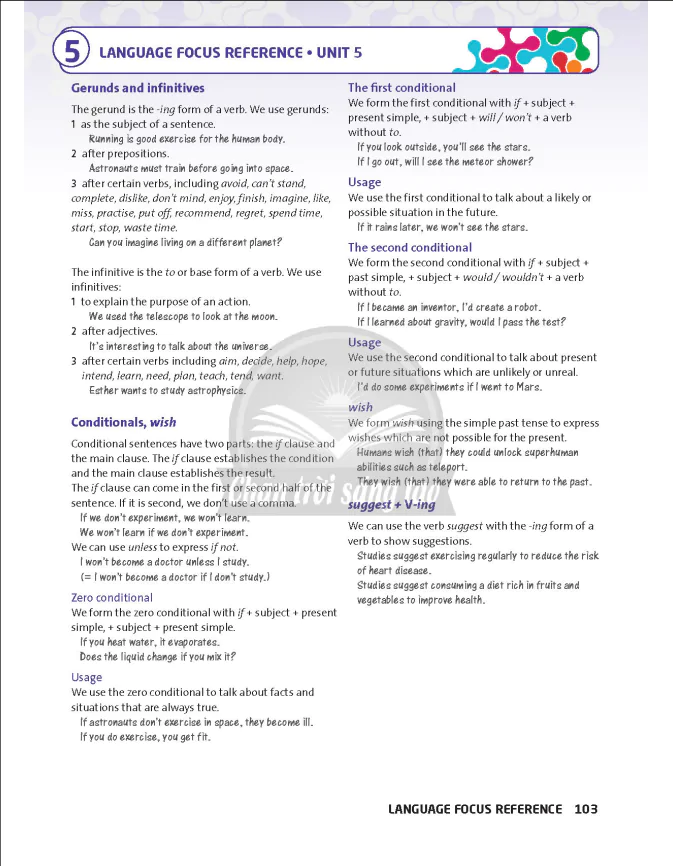
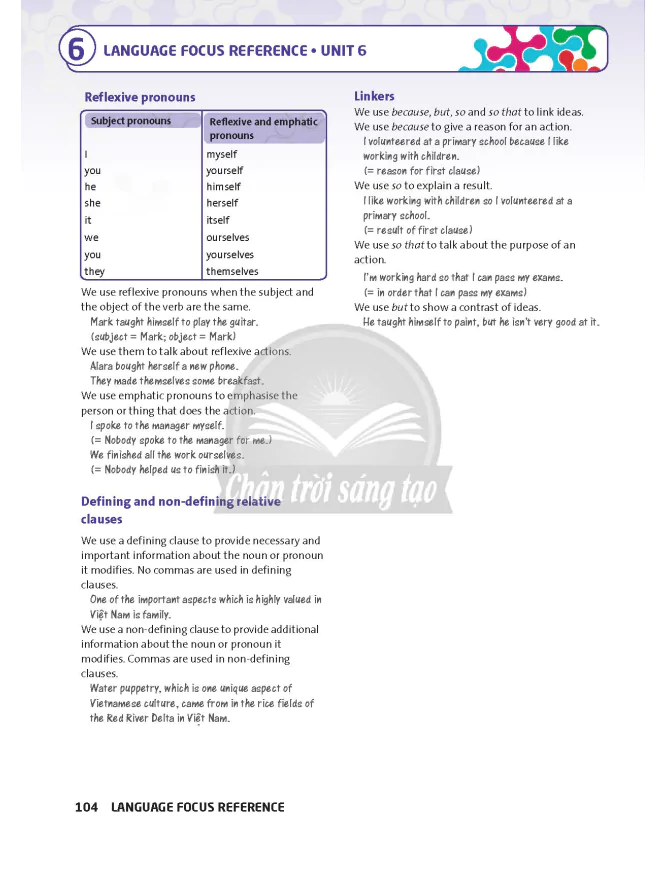
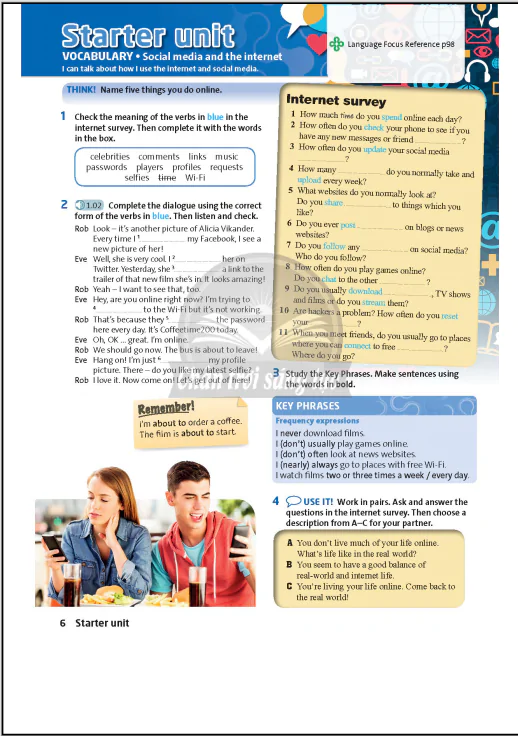
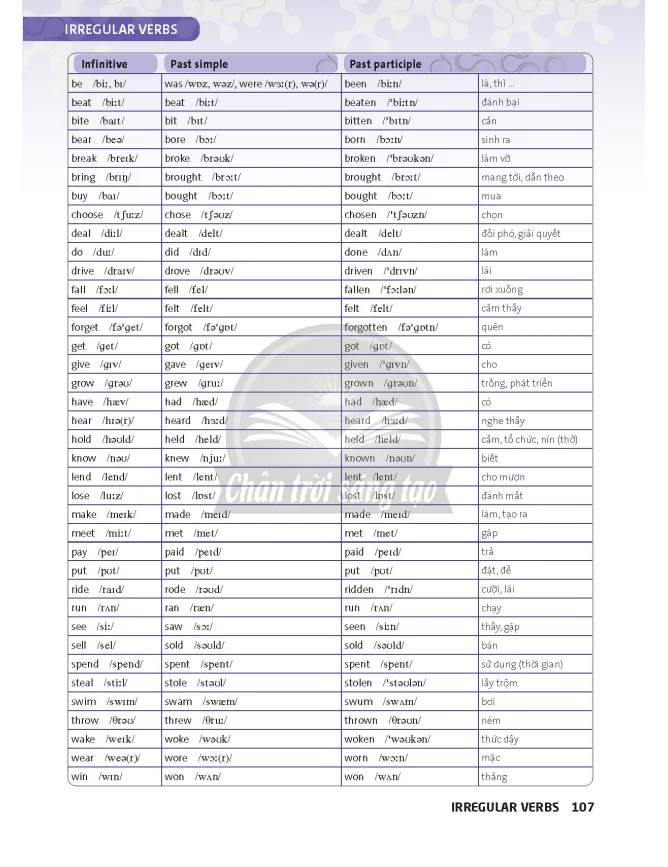
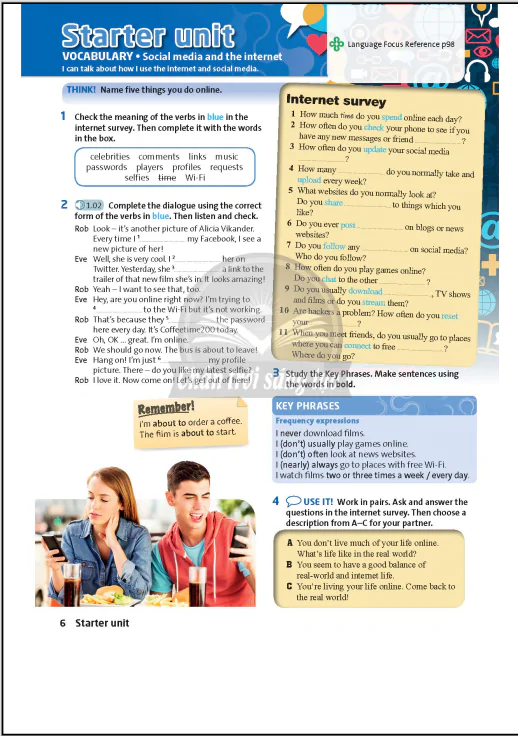

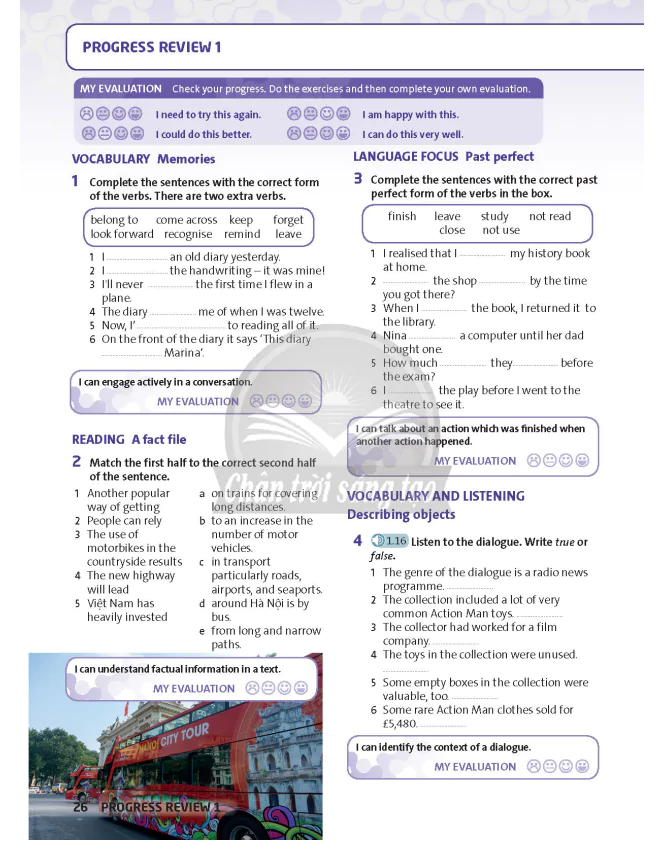

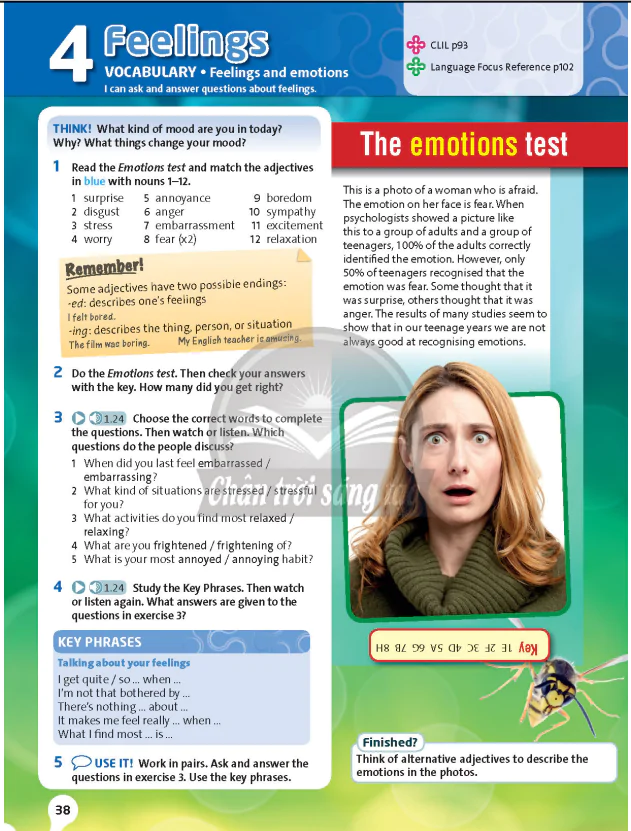
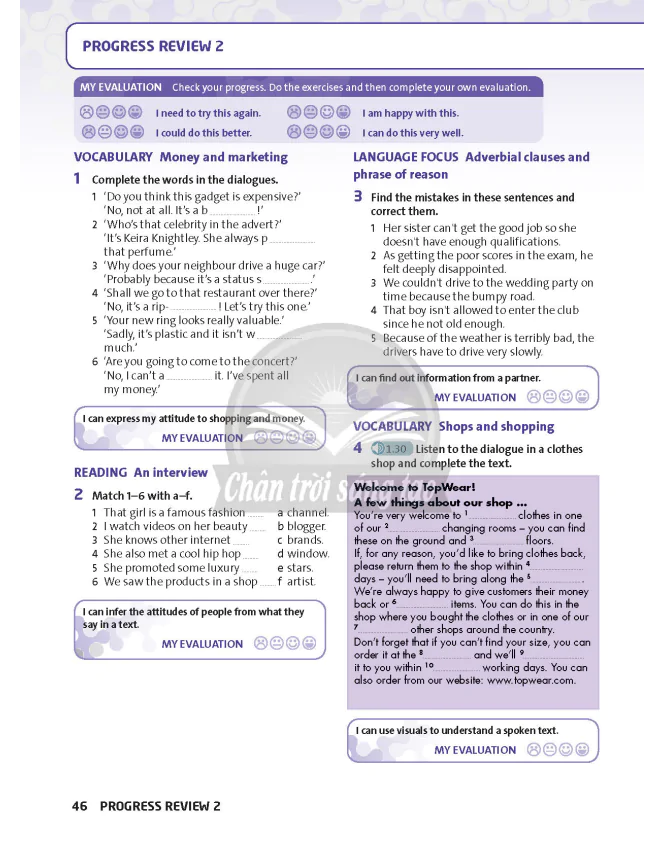
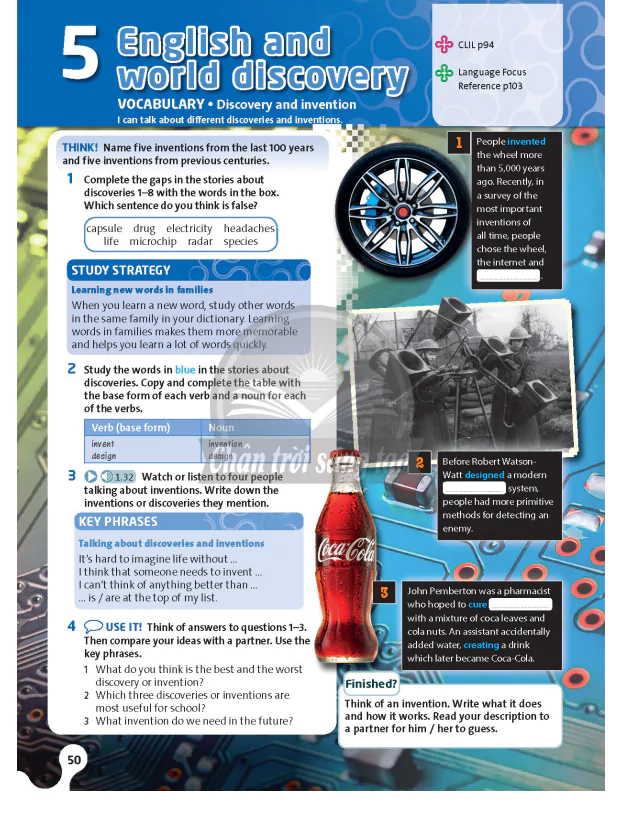

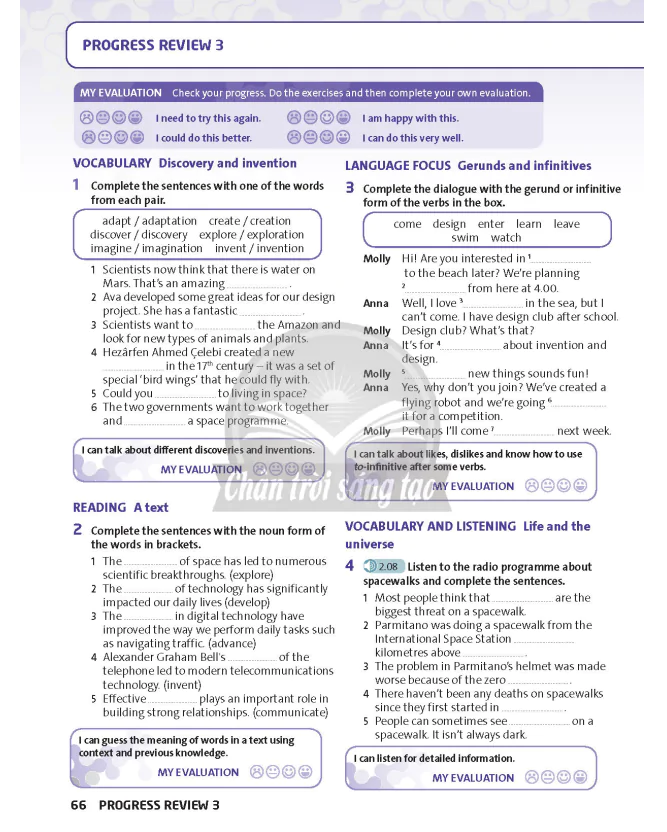
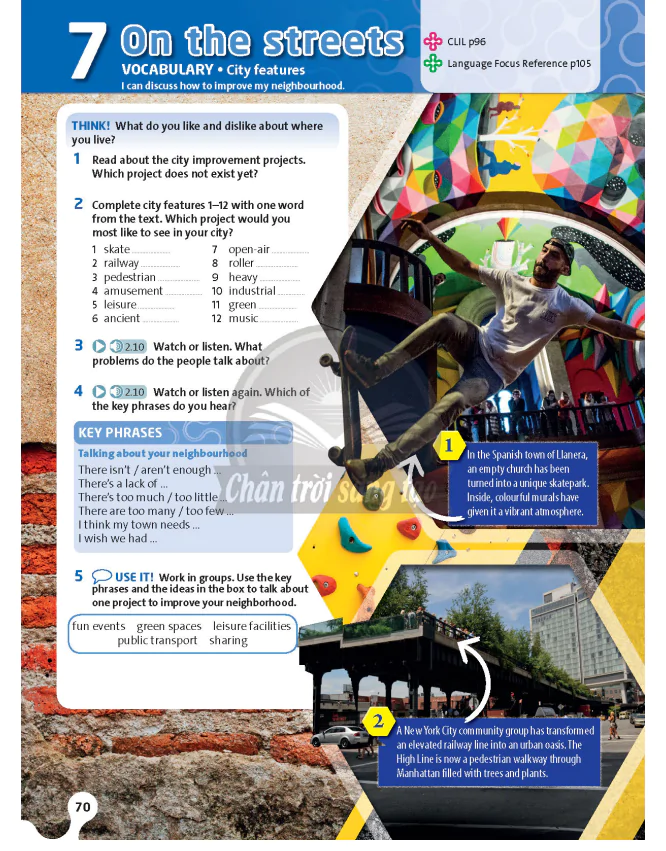

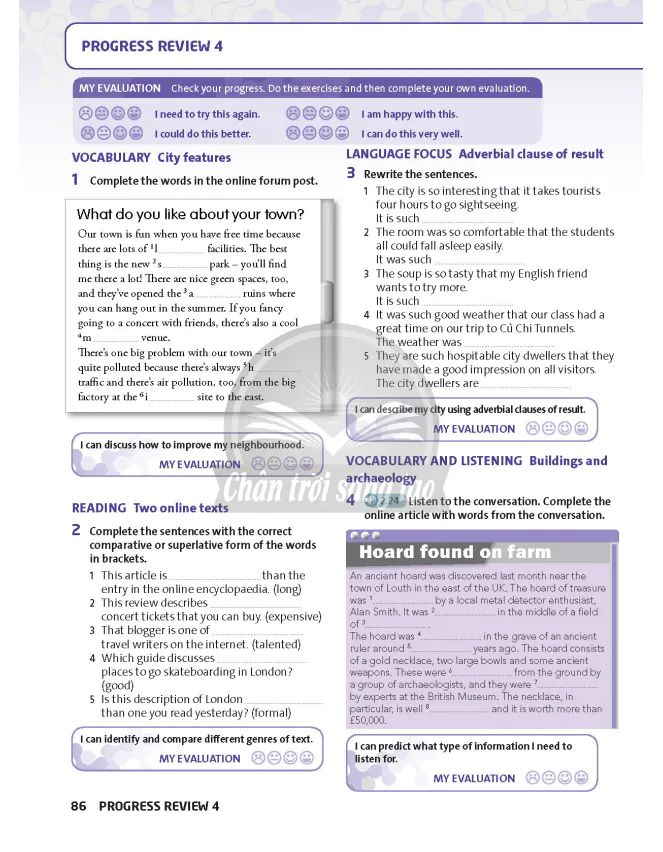


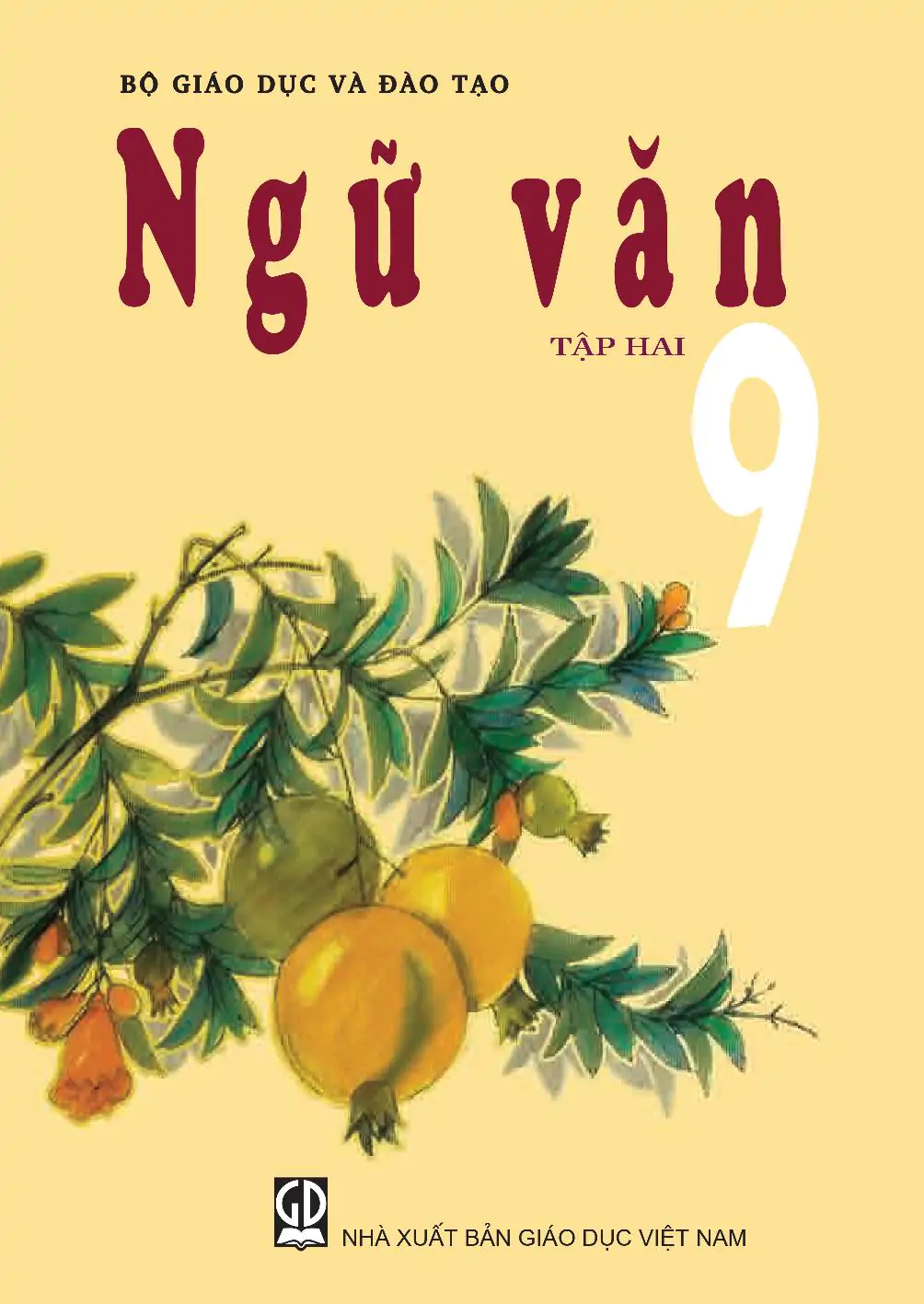

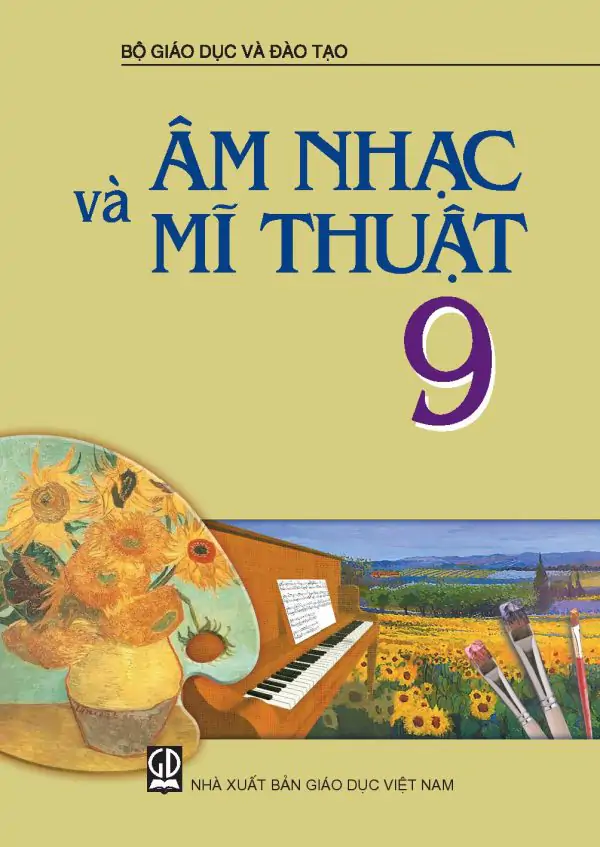



















Bình Luận
Để Lại Bình Luận Của Bạn